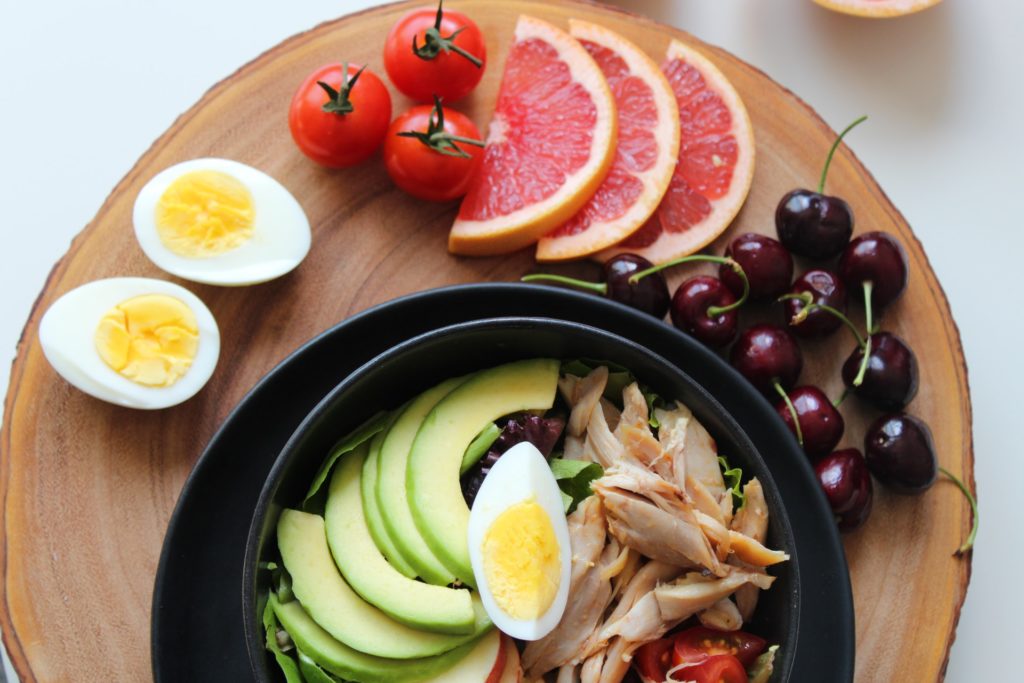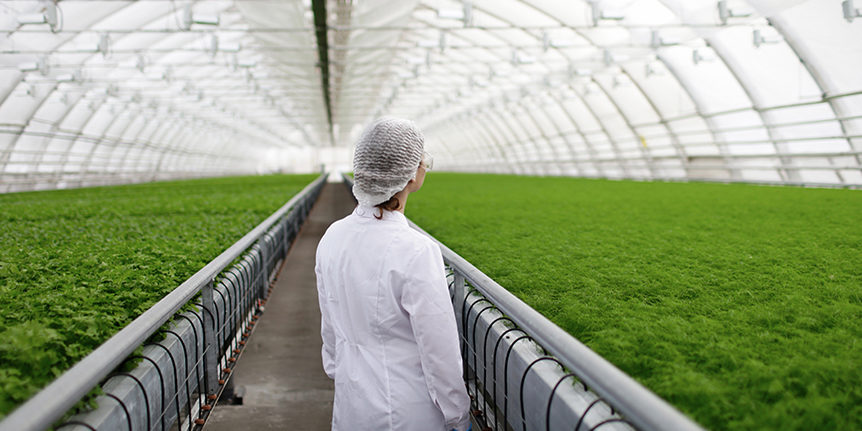As part of Food Safety Week (Sunday, June 7), the Silestone Institute talks about the new paradigm of Food Security.
- To get healthy, safe, and nutritious food we must introduce a new global concept of food that involves multiple factors.
- We face new challenges that directly influence our diet and that compromise our food security: climate change, food waste, overexploitation of resources, pollutants, superbugs…
- The development of sustainable production systems and protection of the environment, the planning of a healthy diet, responsible consumption or the reduction of food waste are some of the measures that we must take.
- “One Health”: human health and animal health are interdependent and closely linked to the ecosystems in which they coexist. To protect our health, we must also preserve the health of animals and the planet where we live.
A few years ago, futuristic films showed a 21st century in which food had been replaced by a pill that covered all nutritional needs. Nothing is further from reality, the current consumer demands, and with increasing intensity, healthy and safe foods as well as natural, easy and fast of preparation, extending the lifespan of the product and, of course, without giving up the pleasure of eating. In addition, in recent decades, there has been a great revolution in all fields, including food, with a spectacular increase in food security levels endorsed by new technological tools.
The Food Security paradigm has changed: we face new challenges
However, all these improvements are useless if we do not considerer the great challenges we face. There are new -and old- problems that directly influence our diet and compromise our food security: climate change, food waste, overexploitation of resources, contaminants such as microplastics, superbugs …. most of them linked to our way of consuming.
The current situation must be tackled with a new global concept of food that involves multiple factors that must be considered when it comes to obtaining safe food. On the one hand, we are concerned about the safety and quality of the food we consume and, on the other, sustainability and care for the environment, but they are two sides of the same coin.
Food in the 21st century has a lot to say about how to preserve ecosystems and natural resources. It is necessary to carry out a joint and multidisciplinary work in which all the agents in the food chain, from the producer to the consumer, have a common objective: “A healthy diet in a healthy world”.

Consumers must change the way we relate to food
Our goal is to get healthy, safe, nutritious food … but for this we must think globally and address other issues. We face serious problems with great impact on nutrition and the safety of the food we eat:
- Climate change and destruction of ecosystems, overexploitation of resources as precious as water
- Pollution of land and oceans (fertilizers, microplastics …)
- Proliferation of food infections and antibiotic resistant superbugs.
- Food waste: 1/3 of the food produced in the world is wasted with the serious social, economic, humanitarian and environmental impact that it supposes.
To do this, we will have to work in three directions:
- Development of sustainable production systems and environment protectors.
- Planning a Healthy Diet accompanied by Good Manufacturing and Handling Practices.
- Responsible consumption (local, seasonal …) and reduction of food waste.
There are factors that increase the spread of disease from animals to humans.
In the current situation of the SARS-Cov-2 pandemic and based on the fact that, up to now, there is no indication that this new coronavirus is food-borne, we can reflect on the factors that increase the risk of disease spread from animals to humans.
Deforestation, often related to agricultural systems, intensive agriculture and livestock, loss of biodiversity, illegal markets of wildlife species and climate change are factors that we will have to work with to avoid future pandemics.
All of them are related to “One Health” concept, an idea that now more than ever takes relevance and that defends that human health and animal health are interdependent and in turn are closely linked to ecosystems in they live. We cannot claim to protect our health if we do not also preserve the health of animals and the planet on which we all live.
Maite Pelayo, microbiologist specialist in Food Safety and technical spokesperson for the Silestone Institute explains: “It is, without a doubt, a global, transversal and personal task as consumers. The way we relate to food and our attitude towards it must change dramatically if we want to achieve satisfactory levels of safety in the future. The era of “food egocentrism” is over: let’s no longer think about what food can do for me but what I can do for food. “
